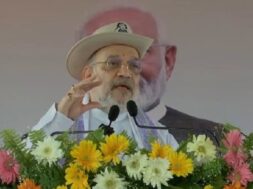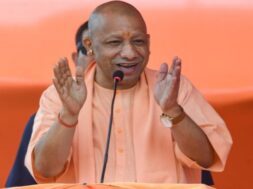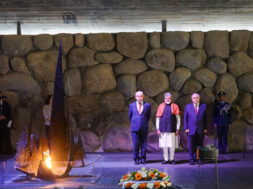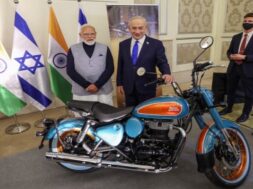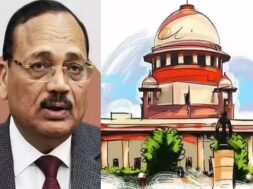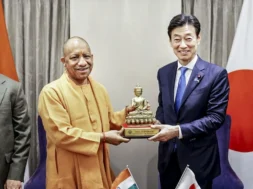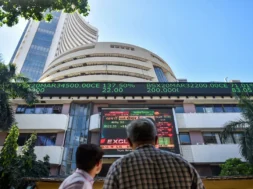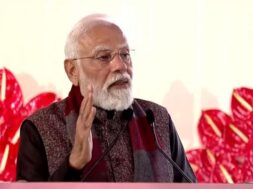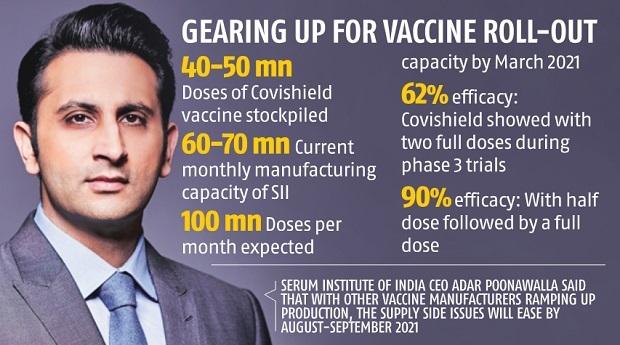
Virendra Pandit
Mumbai: ‘Vaccine nationalism’ in shot-manufacturing countries, like the U.S. and India, is likely to derail efforts by the World Health Organization (WHO) to deliver some two billion doses to poorer and middle-income nations by the end of 2021.
According to Adar Poonawalla, CEO of Pune-based Serum Institute of India Ltd. (SII), some countries are protective of their supplies and restricting access to materials needed to make more doses.
India has supplied about 60 million doses to over 70 countries so far.
SII, the world’s largest vaccine-maker, is currently supplying more than half of the doses used so far in the WHO-backed Covax program that aims to provide equitable vaccine access across the planet. Under a license from the Oxford University and pharmaceutical major AstraZeneca, SII is manufacturing the ‘Covishield’ vaccine.
The Covid-19 Vaccines Global Access (Covax) is a global initiative founded by the WHO, European Union, and France. It aims at equitable access to vaccines, led by UNICEF, Gavi, the Vaccine Alliance, the WHO, the Coalition for Epidemic Preparedness Innovations, and others.
Several vaccine manufacturers, including SII, already have missed timelines and commitments, Poonawalla said in a TV interview on Wednesday. It will take about three months of shipments for Covax to really pick up. Reaching the 2021 target of 2 billion doses will be challenging, he said, adding it may “spill over by a few months.”
His comments indicate the continuing challenge of vaccine inequality that threatens to prolong the pandemic after prosperous nations stockpiled supplies. Some African nations received a single shipment of shots before March, while more than 20 percent of the population in countries including Israel, the U.K., Bahrain, and the U.S have received at least one shot, media reports said.
“We had to dedicate a lot of our capacity, which was not originally planned for India,” he said, adding, “for the first few months we have been directed to prioritize supplies to India and certain other countries that have a high disease burden.”
Poonawalla expressed concerns over impending bottlenecks caused by “raw materials nationalism” after the U.S. invoked the Defense Production Act this month to safeguard supplies of items, such as bags and filters, for its own manufacturers.
He favored liberalization of the rules to allow corporate clients to negotiate directly with the company and potentially buy supplies at a higher cost, as its vaccines are now being provided through the government at “very low subsidized price”.
Though opening up the private market would help accelerate India’s vaccination effort, the country has only inoculated about 32 million people so far, against a target of 300 million by August. A free market would allow corporations to immunize their workforces quickly and “speed up the opening of the economy,” he said.

